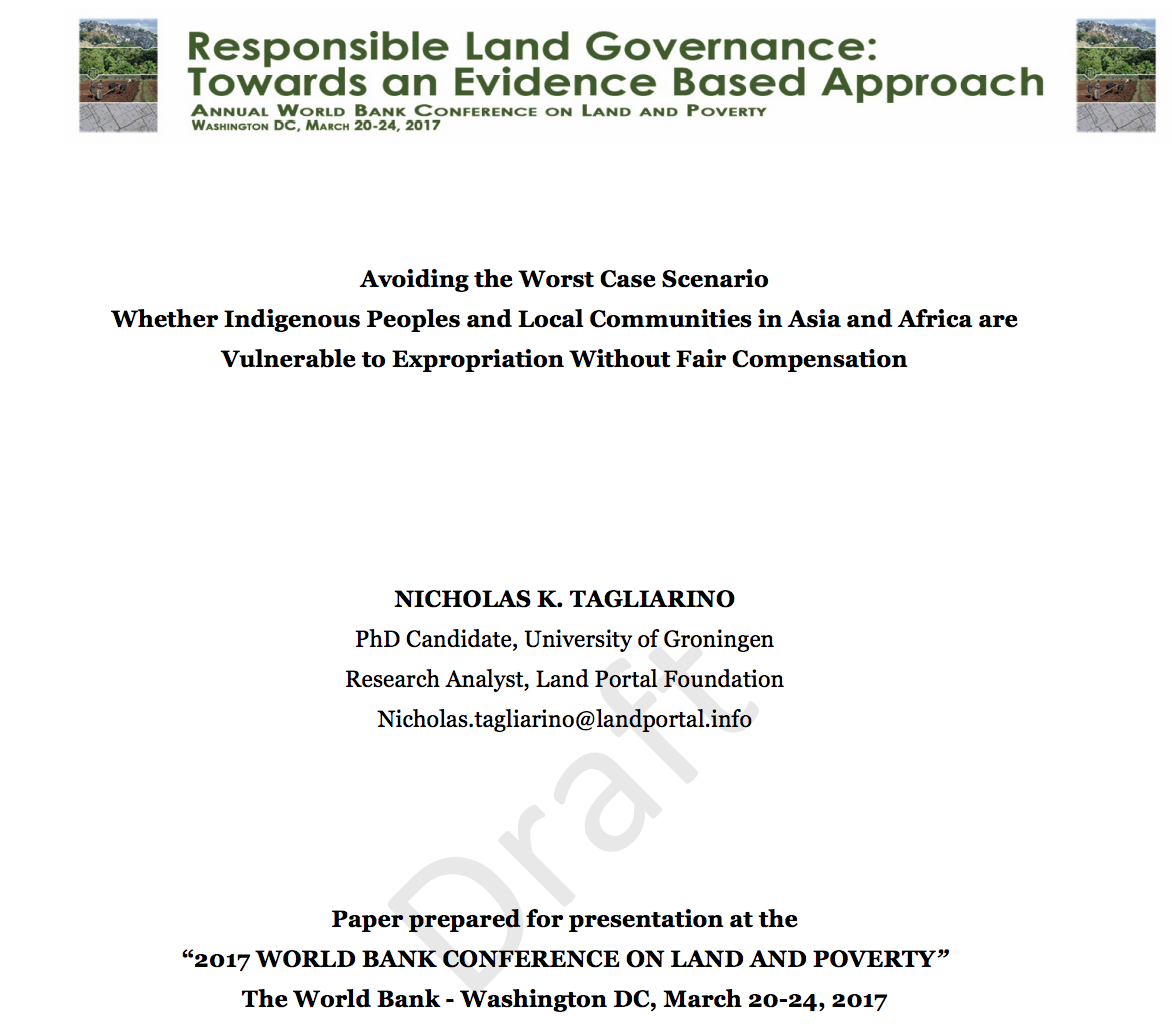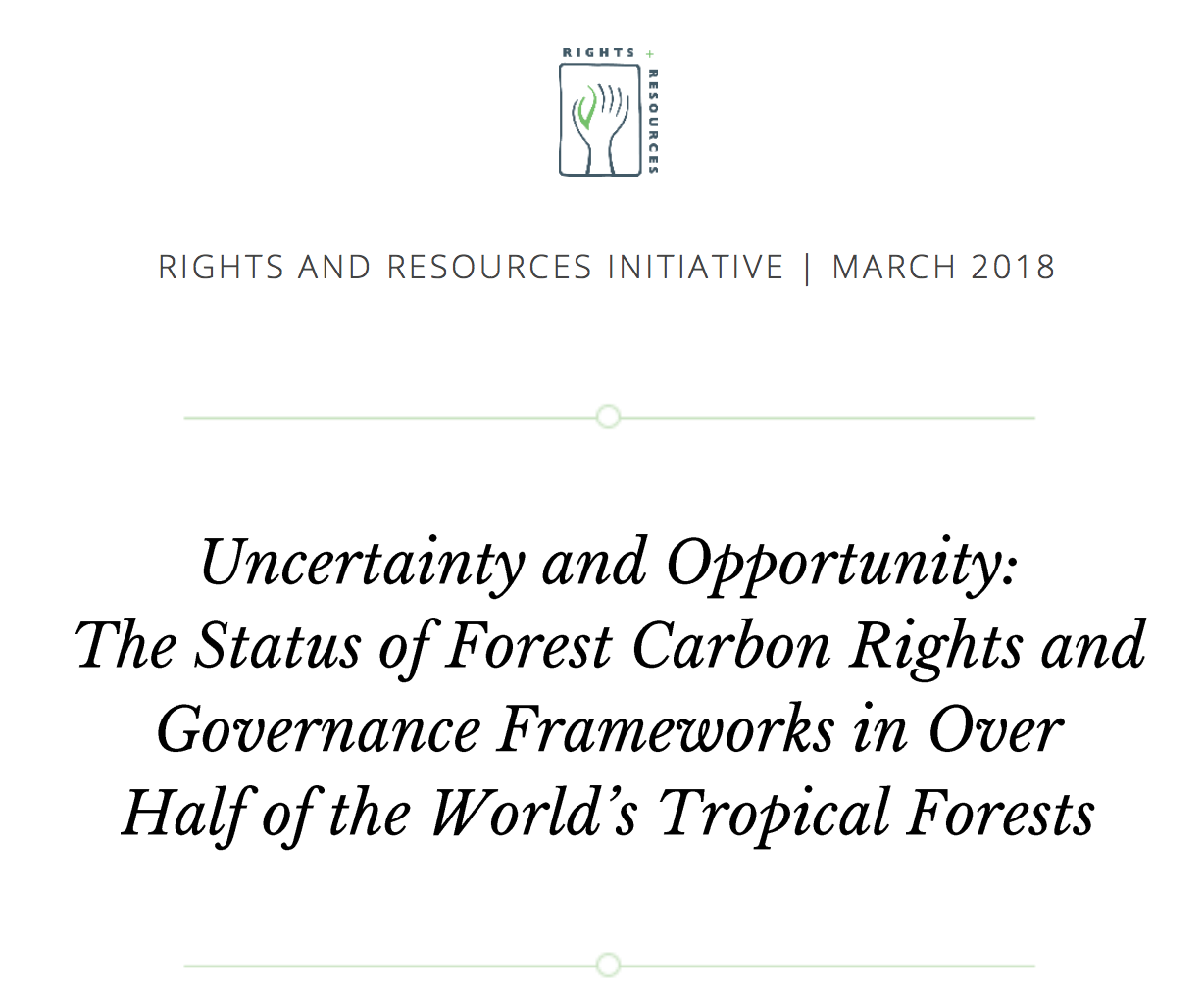Law 445: Law of Communal Property Regime of the Indigenous Peoples and Ethnic Communities of the Autonomous Regions of the Atlantic Coast of Nicaragua and of the Rivers Bocay, Coco, Indio and Maiz
It is the ineludible commitment of the State of Nicaragua to respond to the claim for the titling of the lands and territories of the indigenous peoples and ethnic communities of the former Mosquitia of Nicaragua; right set forth in the International Treaties entered into between England and Nicaragua, such as the 1860 Managua Treaty and the 1905 Harrison-Altamirano Treaty. This right to the land is recognized in the 1987 Political Constitution of Nicaragua and the Statute of Autonomy of the Autonomous Regions of the Atlantic Coast.






